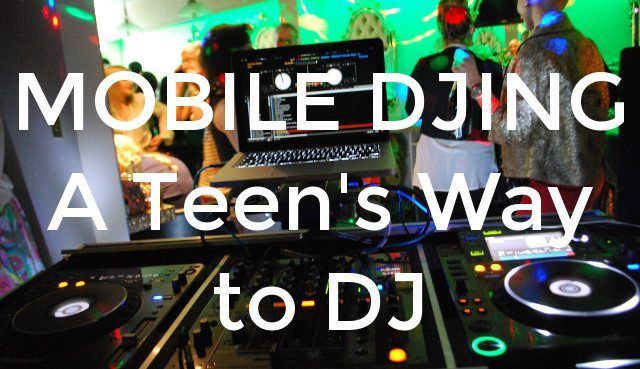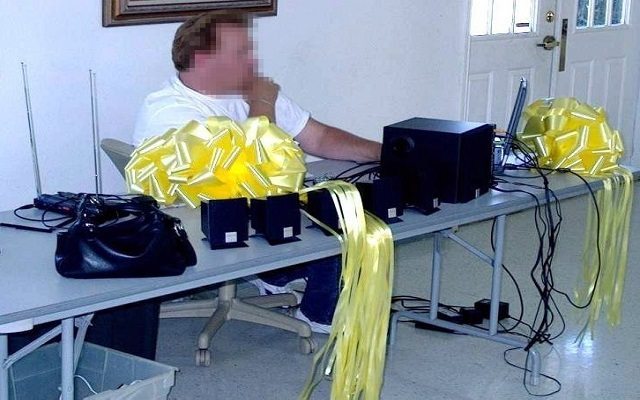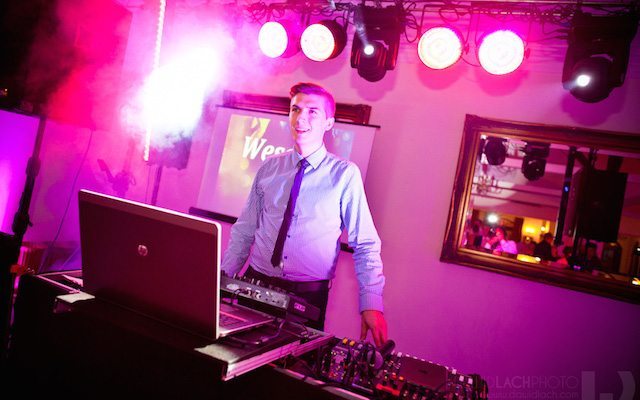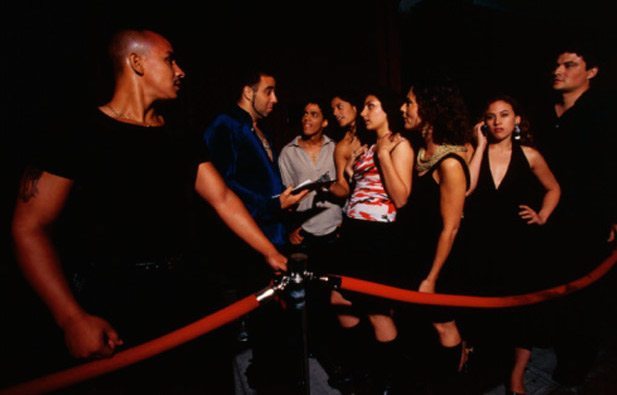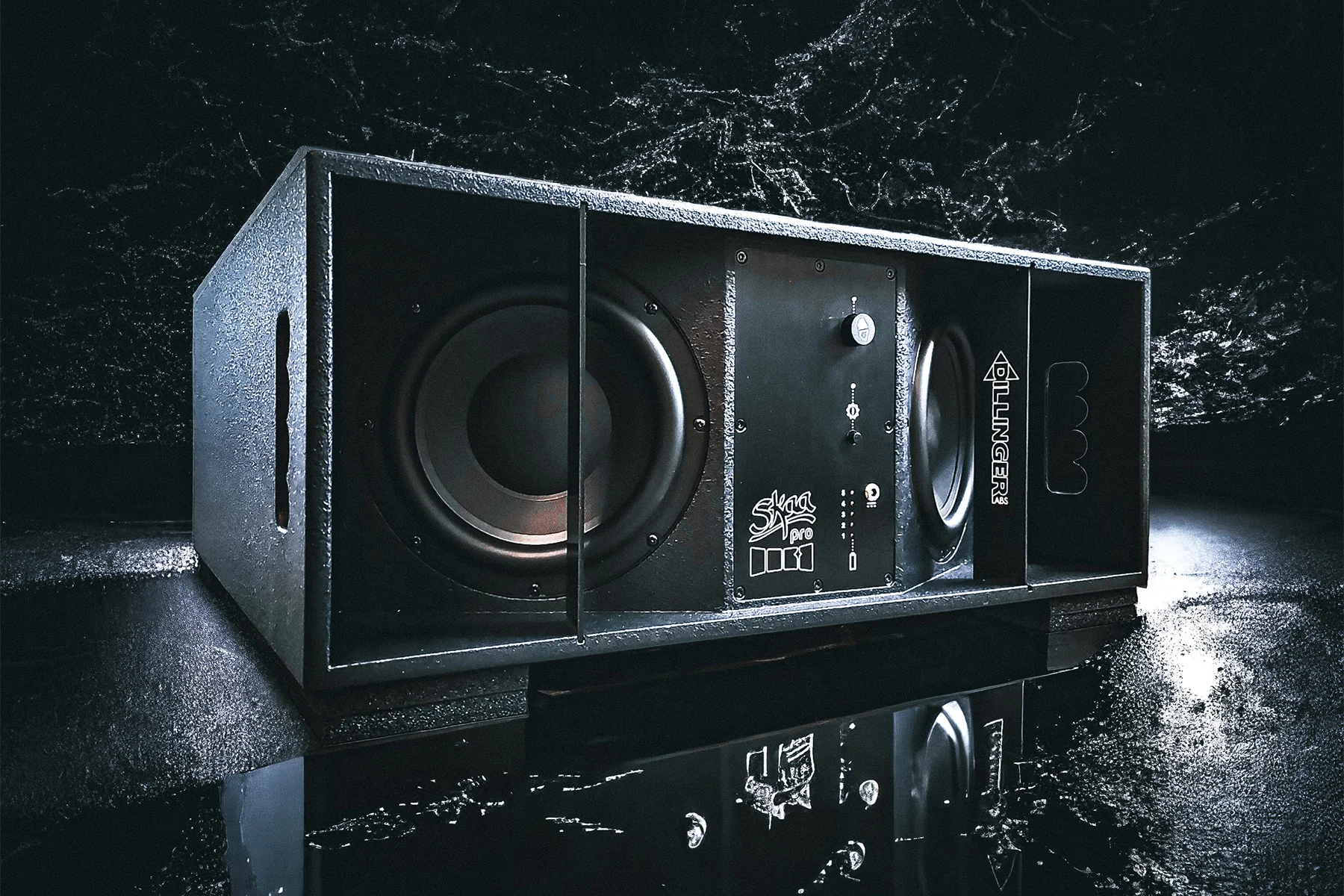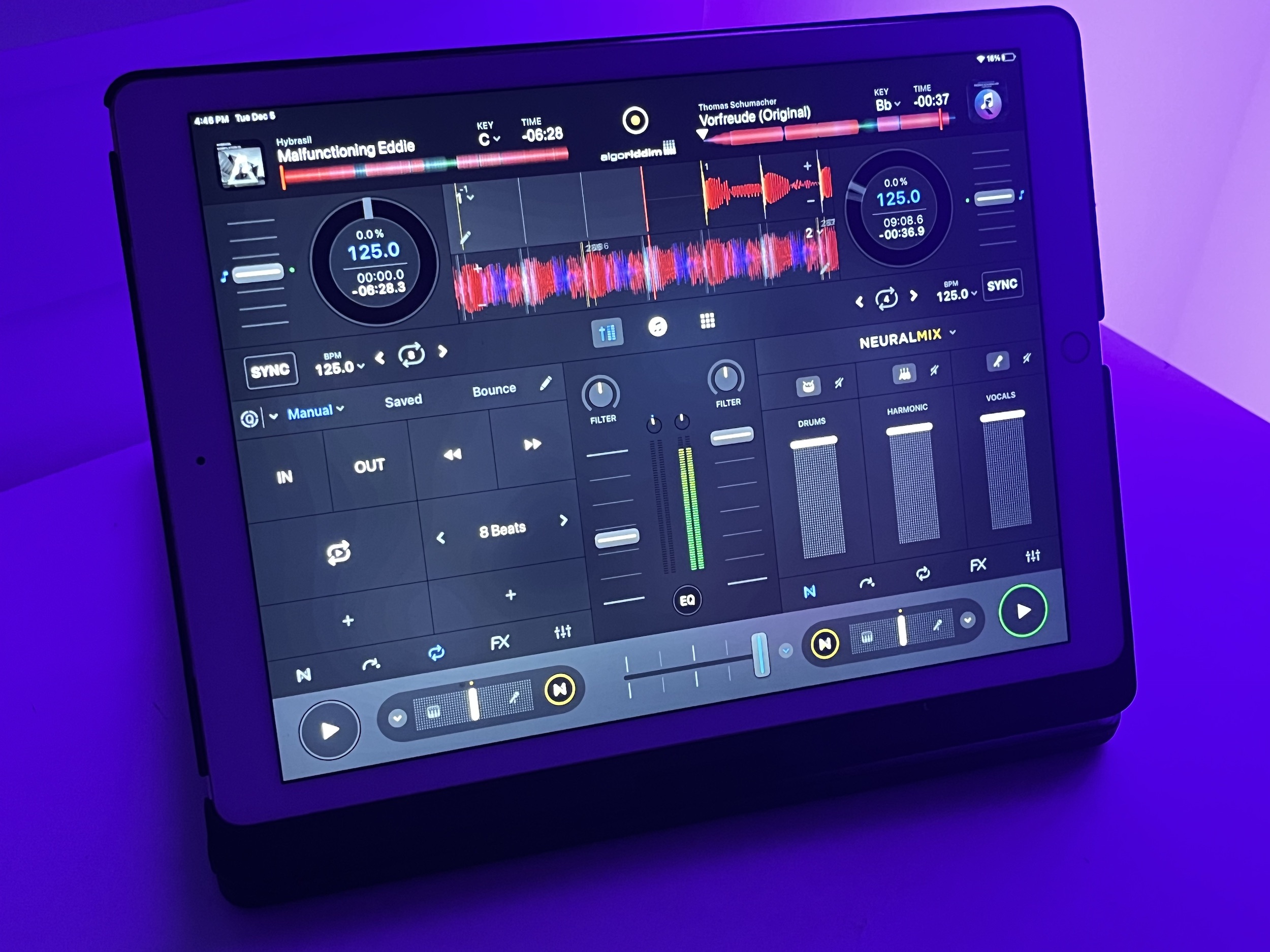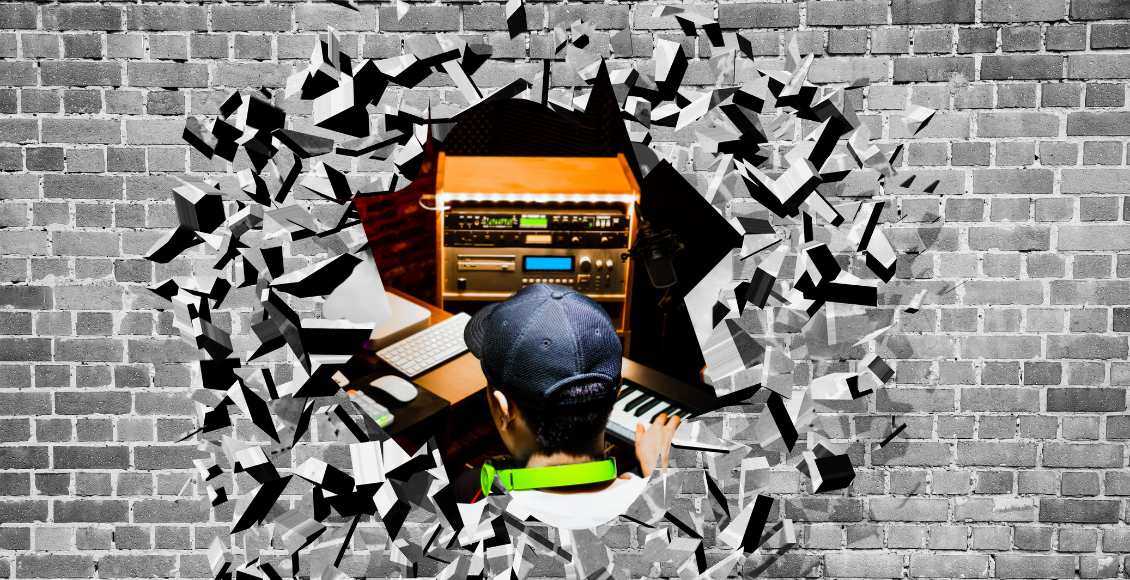Like the tale of how a couple fell in love, a DJ’s background story is always sentimental and interesting to hear. Today we’re reaching out to younger DJs to show them a way they can begin DJing, practicing their skills, and even making a little bit of money. I became interested in DJing around ten years old, scoring my first MIDI controller and speakers a few years later. This allowed me to start a mobile DJ business in high school – and in today’s article, I’ll share what I learned.
Many of our DJ TechTools readers are young, aspiring DJs, who often ask;
“How can a teenager get DJ gigs?”
Options are limited, but basic mobile gigs is one surefire way to get valuable experience and make a little money for new gear.
Why Start a Mobile DJ Business as a Teen
There is a stigma that lies around mobile DJing and some are deserved, but the name can mean any number of different formats and styles.
There are professional companies with concert level sound and lighting, or small business men with basic sound equipment, a rolling PA system, and while playing music off of iTunes. Then there are people like me, with a passion for DJing and drive to turn every event (school dance, birthday party, etc) into a mini performance.
At first the task of starting a business as a teen seemed daunting, but having my own mobile DJ business actually helped me in numerous ways.
- Practice DJing for crowds from 100-1500 people and playing music of all different genres
- Drafting contracts and accepted payment, teaching me the logistics of the DJ business
- I matured intellectually and developed a love for management.
- Made good money for a 15-17 year old, enabling better gear and equipment.
Know Your Equipment
Being a mobile DJ vs. a club DJ means that you will have to provide ALL of your own equipment. That means you will need
- your own laptop
- MIDI controller or CDJs (check out our selection of gear in the DJTT Store)
- mixer and audio cables
- speakers and speaker stands
- a great table to set your gear on
- cases to hold everything
My system started with two 12 inch 300 watt speakers, speaker stands, and a 1000 watt power amplifier. All of the equipment easily fit in the back of my mom’s SUV, but this basic setup limited me to events under 50-100 people. Often, when people hear you at a smaller event, you will be hired for other parties that can be anywhere from 50 people to almost 1000 people. After a few of those requests, it was obvious that I needed to invest more money into equipment.
Near the end of my mobile DJ business, I was pushing a 6,000 watt system that could easily rock any high school in Northern Nevada. Eventually, you will need to learn the difference between passive and active speakers, RMS vs. Peak, and what connections go where (I have blown my fair share of fuses.) A basic mobile DJ will need:
- 1000-watt Power Amplifier
- Two 15-inch 500-watt speakers
- An external mixer
- One microphone
- DJ Console (MIDI Controller, CDJs, ect.)
- Laptop
You may need an external mixer to run the microphone into and as a backup in case your controller fails (when using all-in-one controllers like the S4 which may stop sound if the laptop is closed). It’s always a good idea to have an iPod or your phone running into that mixer as an audio backup.
Since you’re responsible for your gear, you’ll want to make sure that you have a backup strategy for your computer and that your gear is protected.
Create a Contract + Get a Business License
Contracts sound daunting at first, but it is very easy to create your own contract and you will appreciate it in the future. I was DJing for around 6 months without contracts and quickly learned why that was not a good idea. A contract would have saved me from the time a guest at a quinceanera spilled a drink all over my mixer or when I blew the fuse of a gymnasium. Contracts are your way of protecting yourself and your equipment.
A basic mobile DJ contract can be created easily online using websites such as Legal Zoom or Shake Law. You can even find templates and draft your own.
A business license goes hand-in-hand with contracts because a license verifies your validity. Here is where my expertise goes out the window. For me, a business license was easy to obtain at the age of 15 with a parent cosigning. I can’t speak for the rest of world. The first place to check is your city hall. See what the local laws are and how you can obtain a business license.
A license will make sure you are protected as a business and it will let you make money legally within your city. Typically, without a license you are subject to heavy fines and you are breaking multiple laws – but many DJs do operate “off-the-books” if they’re only doing a handful of gigs.
Widen Your Musical Horizons
Going into my mobile DJ business I was extremely into electronica and deep house, not listening to anything that was on the Top 40 chart. As a mobile DJ, you will become a personal jukebox. That doesn’t mean you have to play exactly what the host wants to hear, but it does mean playing the type of music the host wants to hear.
By the end of my own mobile business, I learned how to read a variety of people. From 7-year-olds at a father daughter dance to teenagers at their homecoming, I knew what to play and when to play it. Being a mobile DJ will help you become more diverse in music and will teach you how to effectively read a crowd.
Further Reading: Beyond the Bedroom – Becoming a a Multi Genre DJ
Grow Your Business and Build a Reputation
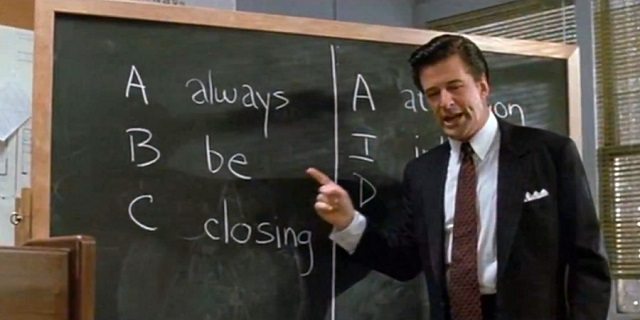
Being a mobile DJ meant learning how to market myself if I wanted a pay check. Self-marketing is something that is hard to master but being a mobile DJ gives you room to practice. From designing business cards to talking to event coordinators, I was constantly making connections that later turned into jobs.
People are always looking for an affordable DJ and being a teen, I could charge competitive rates that paid for my business and allowed me to collect a pay check.
Why Become a Mobile DJ as a Teen
Being a teen DJ is hard – you can’t get into clubs, and playing in the bedroom can only do so much to develop critical skills. Mobile DJing provides an avenue to get out there, let people hear your mixes and provide feedback. People will come up to you and tell you, “Great job!” or they will bluntly say, “No one likes this. Change the song.”
From speakers to lighting set-up, a new mobile DJ will also learn what makes a show work and what doesn’t. Eventually you will know the answer to key things like, “Where do I place the speakers?” and “Is there enough low-end on this sub-woofer?”
Finally, the biggest tool that a mobile business gives you is marketing experience. A successful DJ needs to learn how to talk to people and sell a service – skills which will be extremely valuable when it comes time to talk to promoters. Brand reputation and marketing is what separates aspiring DJs from working DJ and these are are skills someone young can harbor way before they even graduate high school.
What are your thoughts of being a DJ as a teen and being hired for events? What is your DJ origin story?


